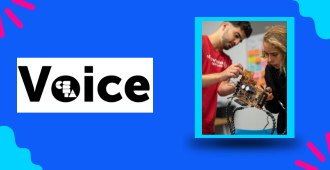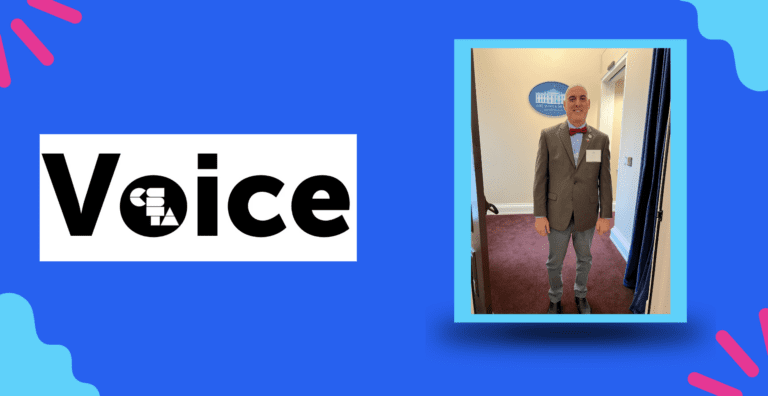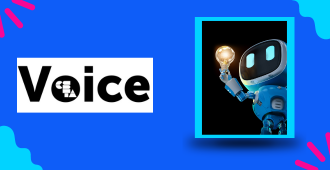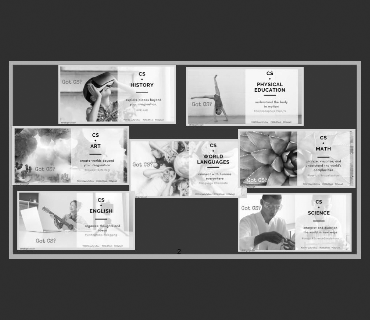
Rebecca Luebker and I met for the first time at length at our CSTA Equity Fellowship convening in Chicago.
Full Story
Rebecca Luebker and I met for the first time at length at our CSTA Equity Fellowship convening in Chicago. Rebecca did a lightning presentation on vulnerability and its importance in the classroom, especially as a teacher of social sciences that was quickly becoming the voice of computer science education in her school and state. My lightning talk focused on how every teacher is a computer scientist and if we find the right ways to support them in this endeavor all of our students will become computer scientists too. Quickly we both discovered that what drew us to each other were our paths in computer science and how they each were the perfect compliment to one another despite them being so different. Rebecca is a social science teacher turned computer science instructor and advocate for the discipline. I have a Ph.D. in Computer Science and have taken on numerous roles in K-12 education as a tech teacher, tech coordinator, a computer science teacher, and an instructional coach for teachers over my 18 years as an educator. Rebecca and I are blending our purposes to develop ways to demystify computer science for non-cs teachers by engaging them with the idea of CS+X.
My path to holding a Ph.D. in Computer Science was not one out of serendipity but of a well-orchestrated maneuver to increase diversity in the engineering workforce. As a young black girl in the1980s engineering or computer science was far from my mind as a career goal, but my father a hard-working immigrant of Trinidad and Tobago with a degree in Electrical Engineering working in HumanResources at Bell Laboratories imagined a world for me that at the time I did not know much about. One summer during my tenure in the Bell Labs Summer Science program I was given a C programming book, a small project, and I was hooked. I can remember the pride of all that I had accomplished by the end of that summer and I became deeply interested in what computer science had to offer. It is a similar sense of pride, accomplishment, and opened possibilities for the future that I hope for all students.
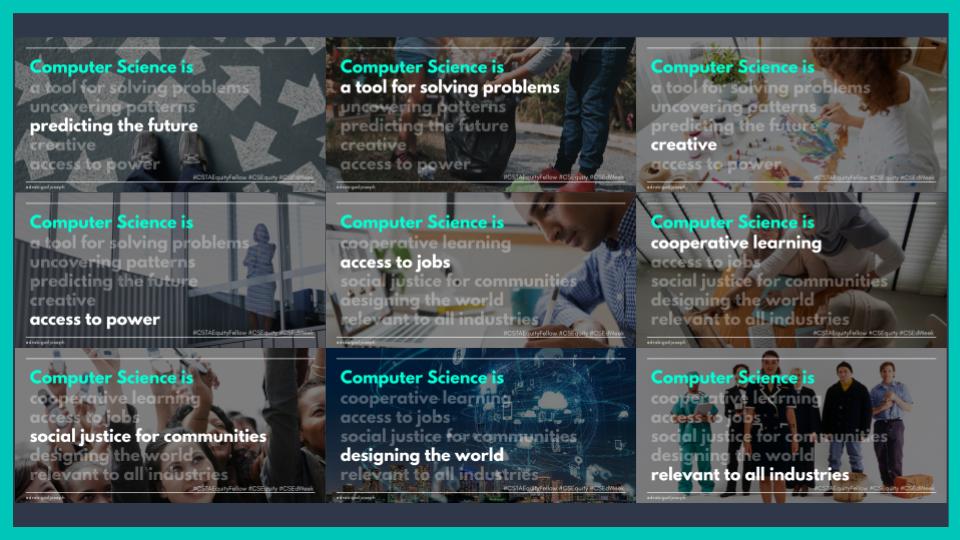 I am working on ways to empower teachers to create these paths of opportunity for all students on the fringe of this field of infinite possibilities. The more teachers become comfortable with computer science then they will feel empowered to bring it into their classrooms and the reach to students will increase over time. If teachers can understand the multidisciplinary nature of computer science, CS+X, ultimately students will see computer science as a world then can enter without fear of being different, explore the possibilities, and be able to embrace their right to have a seat at this table of innovation and the future. During Computer Science Education Week, I posted several tweets on Twitter to further define CS outside of the myths that often prevail (Search: @drbigailjoseph #CSTAEquityFellow #CSEquity #CSEdWeek) and open doors to a world where CS+X or CS plus any discipline can expand the landscape of who can be a computer scientist (Search: @drbigailjoseph #CSEdWeek #CSTAEquityFellow #CSplusX).
I am working on ways to empower teachers to create these paths of opportunity for all students on the fringe of this field of infinite possibilities. The more teachers become comfortable with computer science then they will feel empowered to bring it into their classrooms and the reach to students will increase over time. If teachers can understand the multidisciplinary nature of computer science, CS+X, ultimately students will see computer science as a world then can enter without fear of being different, explore the possibilities, and be able to embrace their right to have a seat at this table of innovation and the future. During Computer Science Education Week, I posted several tweets on Twitter to further define CS outside of the myths that often prevail (Search: @drbigailjoseph #CSTAEquityFellow #CSEquity #CSEdWeek) and open doors to a world where CS+X or CS plus any discipline can expand the landscape of who can be a computer scientist (Search: @drbigailjoseph #CSEdWeek #CSTAEquityFellow #CSplusX).Abigail has made these CS + X resources available to you! Download this interactive PDF and click on each slide to access the tweets that correspond with each poster.
In partnership with Dr. Heather Lattimer, Dean of the Connie L. Lurie College of Education at San Jose State University (SJSU), I have been exploring and discussing how might we educate non-CS teachers about the importance of introducing computer science to students in every classroom. In conversations with Dr. Lattimer we discussed the myriad of barriers and disparities of computer science education which is particularly heightened in Silicon Valley. Like many tech hubs in this country, equitable access to computer science education is widening as the disparities between well-funded school districts and lower economic areas continue to grow. In Silicon Valley, it is hard for private schools and well-funded school districts to hire quality computer science educators as they compete with the salaries of hi-tech and unaffordable housing prices. This means that low-funded school districts struggle even more. Additionally, the 21st-century teacher is overworked and often overwhelmed by caring for their students, managing and developing new curriculum, keeping current, and adhering to their school policies. If we ask them to embrace computer science, a subject matter that they are not comfortable with, and fold it into their curriculum along with everything else they are currently struggling to do students are the ones that lose out. Students of color often in low-income areas are not going to be exposed to computer science and therefore not have opportunities to engage with computer science like some of their higher socioeconomic counterparts.
As a result of my conversations with Dr. Lattimer and my partnership with CSTA Equity Fellow, Rebecca Luebker, I am currently developing and piloting a workshop for education faculty and pre-service teachers to help educate them on the many ways they might incorporate computer science education in their classrooms and disciplines. The workshop highlights perspectives on integrating computer science into the K-12 education landscape by defining computer science and its connection to future careers while exploring why access to computer science concepts impacts the education outcomes of every student. Through hands-on activities and conversations, participants discover what meaningful Computer Science integration looks like in K-12 classrooms. By the end of this workshop participants will begin to envision themselves as computer science educators.
If we can demystify the stereotype that computer science is only programming, accessible to white men, and hard to learn through the lens of teachers, then our students will more likely be exposed to the discipline starting in the early years. It is an exciting time to be a computer science educator leader and doing this work as a collective will mean we can advance our ability to disrupt the disparities on a larger scale.
About the Author
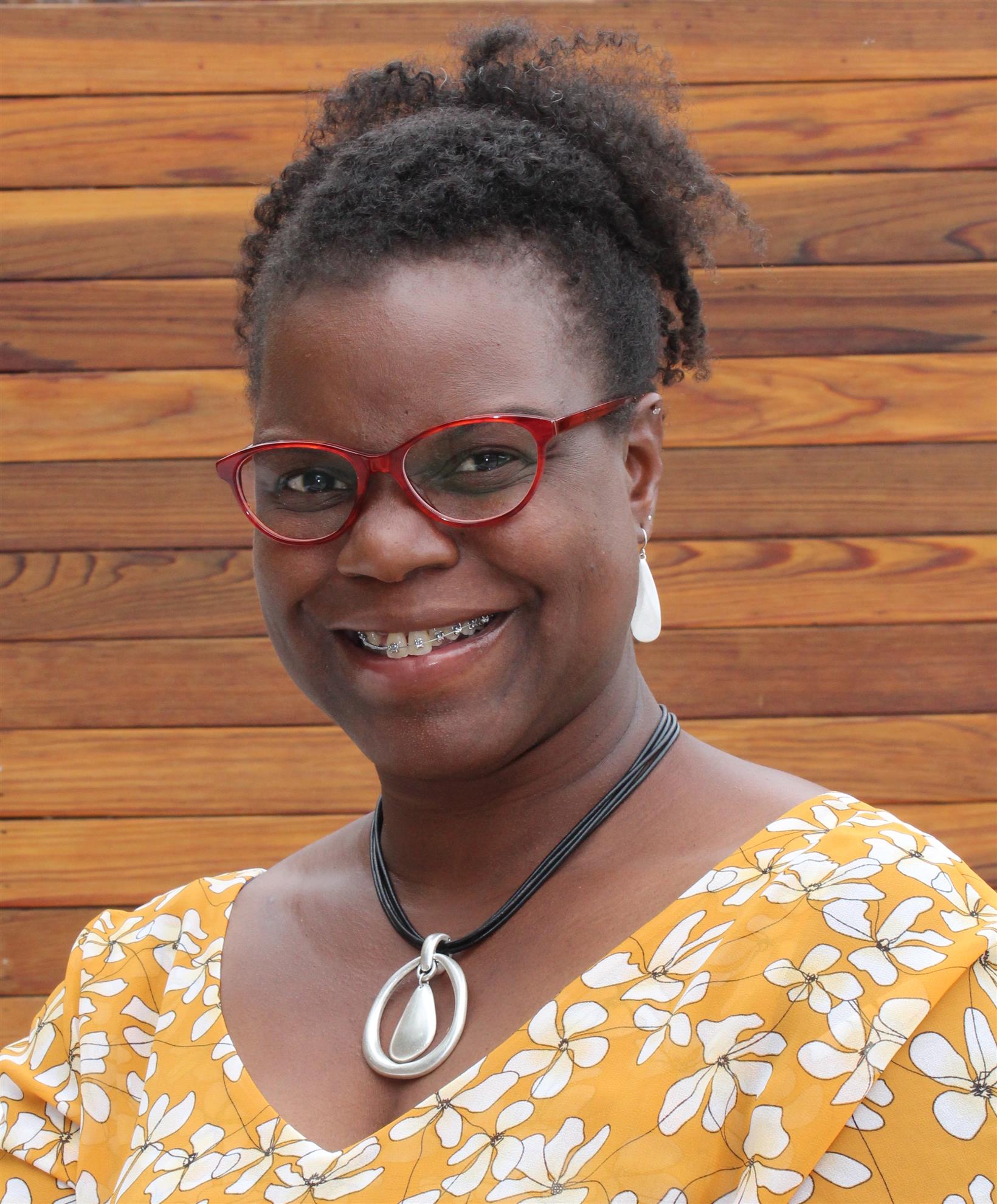 Abigail Joseph has an extensive career as an educator in the California Bay Area. Her commitment to education includes work developing and supporting programs in schools and organizations like MESA (Mathematics, Engineering, Science Achievement), Girls Incorporated, Black Girls Code, and the Krause Center for Innovation. She has spent the past eight years developing computer science programs and recently developed curriculum for a mobile app programming book for kids. Abigail currently works as the Director of Learning, Innovation, and Design in the Middle School at The Harker School in San Jose and is an MIT Master Trainer for App Inventor. Beyond teaching, making, and the arts, her current passion is edstoria.com and uncovering ways to help teachers not vanish from the educational landscape. She tweets at @drabigailjoseph. She holds a B.S.E in computer science from Princeton University and an M.S./Ph.D. in computer science from the University of California at Santa Cruz.
Abigail Joseph has an extensive career as an educator in the California Bay Area. Her commitment to education includes work developing and supporting programs in schools and organizations like MESA (Mathematics, Engineering, Science Achievement), Girls Incorporated, Black Girls Code, and the Krause Center for Innovation. She has spent the past eight years developing computer science programs and recently developed curriculum for a mobile app programming book for kids. Abigail currently works as the Director of Learning, Innovation, and Design in the Middle School at The Harker School in San Jose and is an MIT Master Trainer for App Inventor. Beyond teaching, making, and the arts, her current passion is edstoria.com and uncovering ways to help teachers not vanish from the educational landscape. She tweets at @drabigailjoseph. She holds a B.S.E in computer science from Princeton University and an M.S./Ph.D. in computer science from the University of California at Santa Cruz.
